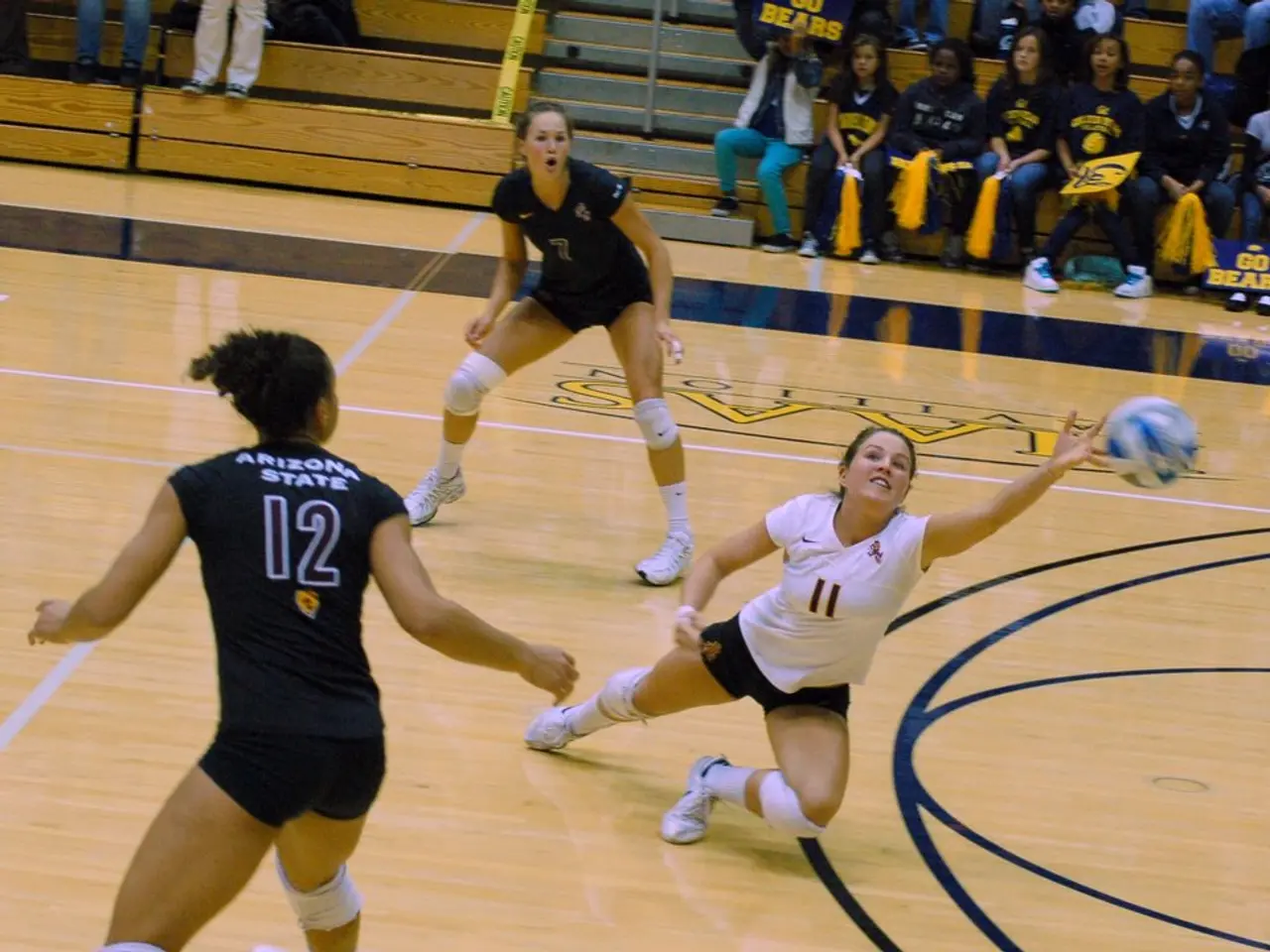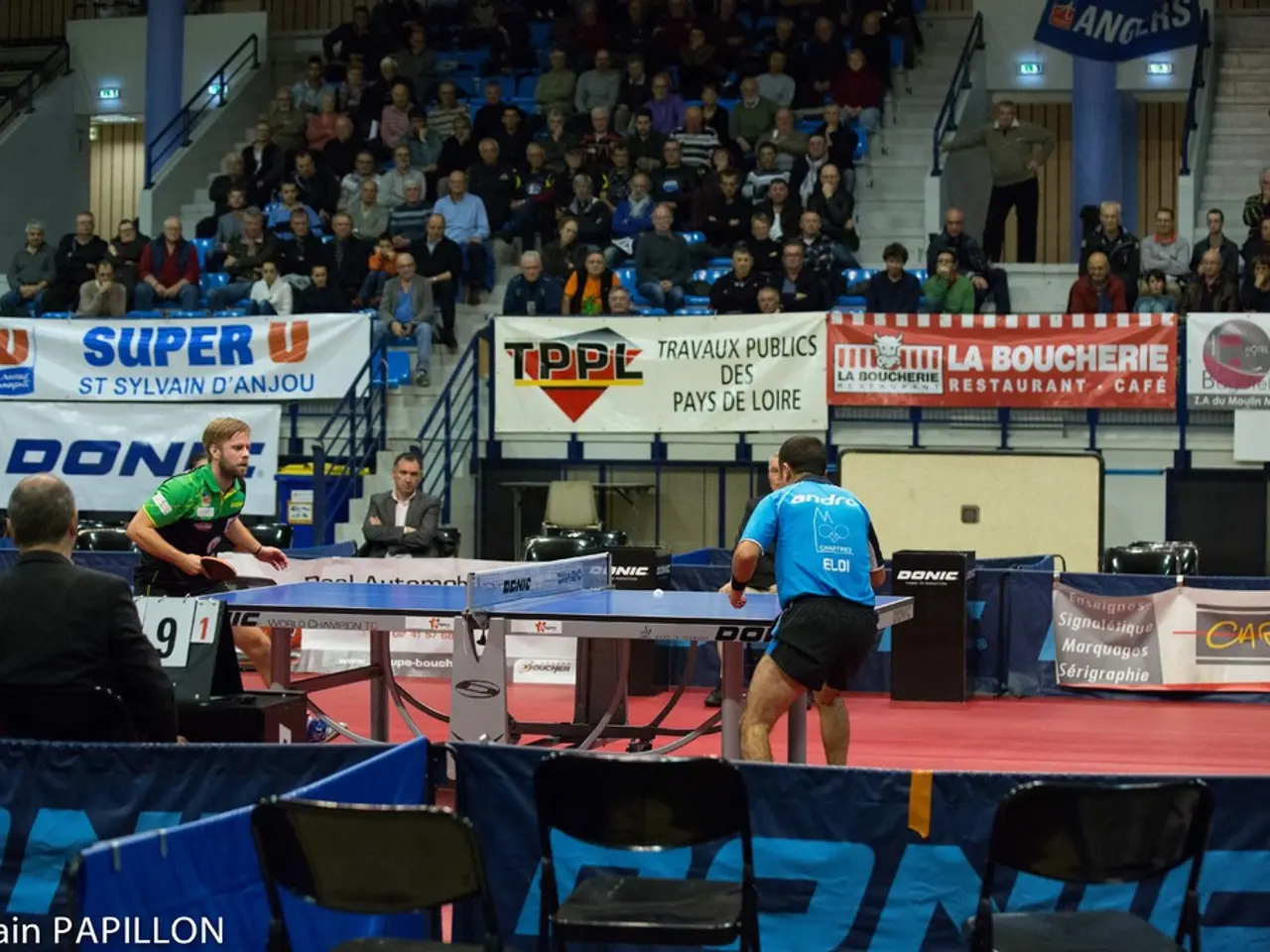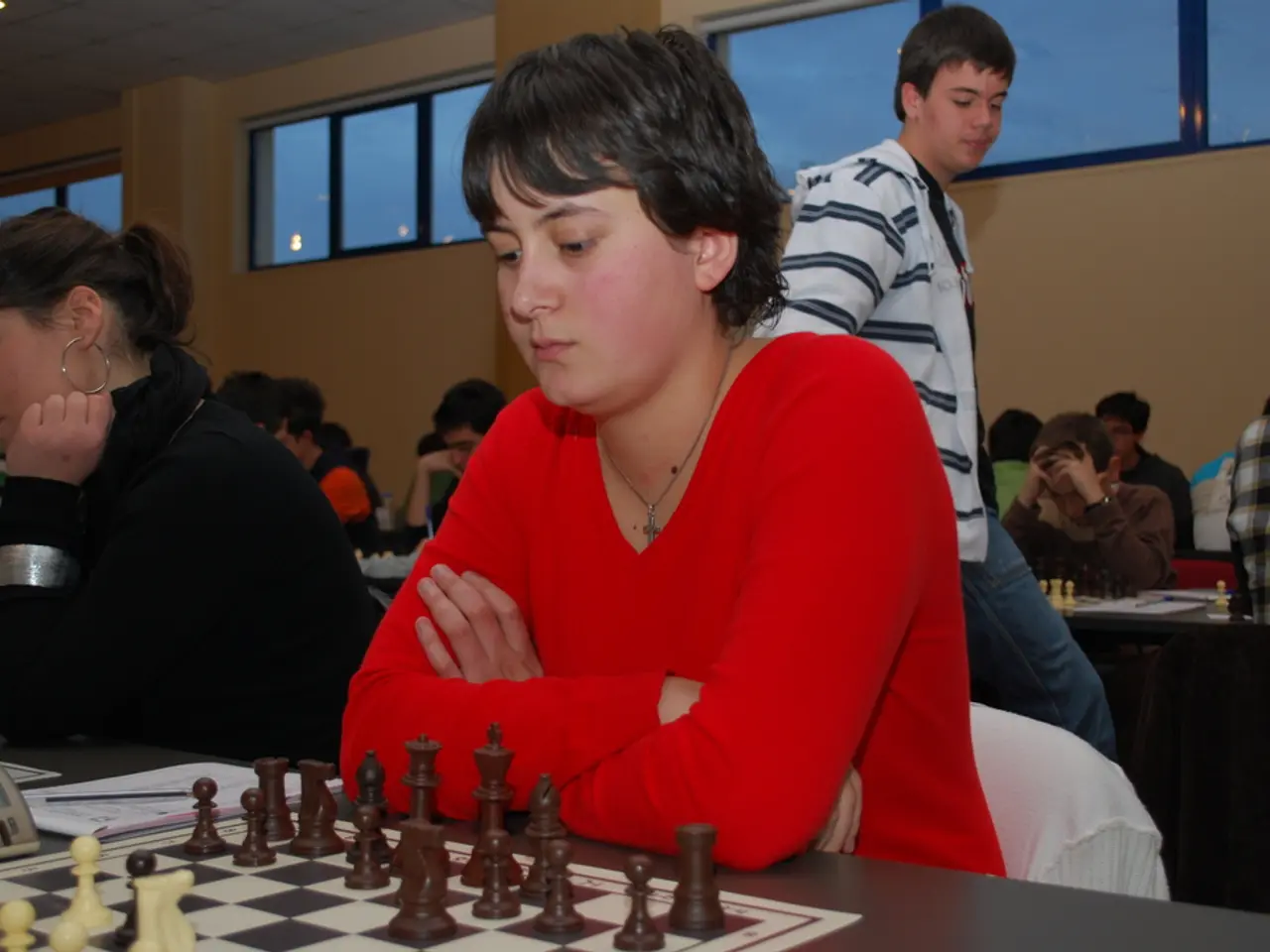"Diving Deep into Traditional African Sports and Their Cultural Origins"
Ahoy there, matey! Let's dive into the thrilling world of traditional African sports, where games are not just pastimes but living expressions of culture, heritage, and identity. Buckle up, because we're about to discover how these sports shape the very essence of African societies.
Sports as Cultural Icons
In the diverse tapestry of African cultures, sports are more than recreational activities. They represent deeply rooted traditions, symbols of strength, resilience, and pride. Take, for instance, Laamb Wrestling in Senegal, where wrestlers are revered as cultural icons, embodying the virtues of courage, honor, and wisdom.
Mancala: Strategy and Intellect
Mancala, a strategy board game played across the continent, is another shining example. This simple game, played with seeds or stones, requires strategic thinking, mathematical skills, and forward-planning. It's not just an educational tool for children, but also a social activity that strengthens relationships and fosters understanding.
Stick Fighting: Martial Art and Tradition
Stick fighting, a martial art practiced by the Nguni people of South Africa, demonstrates athleticism, agility, and bravery. Originally used as training for warfare and hunting, it now serves as a symbol of cultural heritage and masculine valor.
The Power of Traditional Sports in Community Life
Beyond the sports field, traditional African games impact community life in profound ways. They serve as a means of education and socialization, teaching values like teamwork, leadership, and perseverance. Moreover, they bind communities together, fostering unity and collective identity through shared experiences.
Traditional Sports' Modern-Day Relevance
Despite the influence of modern sports, traditional African games continue to hold significance. They are vibrant living traditions that adapt and evolve to meet the challenges of the modern world. Efforts to preserve and promote these sports, such as organizing cultural festivals and incorporating them into school curriculums, are crucial for maintaining cultural diversity and identity.
In the digital age, technology plays a crucial role in spreading awareness and preserving these sports. Documentaries, social media platforms, and online gaming versions of traditional sports help reach a wider audience, making them accessible to a global audience.
Embracing the Future of Traditional African Sports
Looking ahead, the future of traditional African sports promises enthusiasm but also presents challenges. Preserving their essence while adapting to modern contexts, ensuring inclusivity, and gaining recognition are key areas that require attention. Balancing modernization with tradition, making them accessible to all, and securing continuous support are essential for the survival and relevance of these sports.
So, there you have it! Traditional African sports are much more than just leisurely pursuits. They are vital cultural expressions that reflect the rich tapestry of Africa's heritage and embody the indomitable spirit of its people. By preserving and promoting these sports, we celebrate Africa's past, embrace its present, and safeguard its future. Ahoy, and let's keep sailing this incredible journey together! Cheers!
The government recognizes traditional African sports as integral parts of cultural heritage, advocating for their preservation and promotion in education and community life.
Lifestyles in many African societies revolve around traditional sports, which serve as important outlets for instilling values like resilience, teamwork, and wisdom, shaping the lifestyle and identity of its people.








